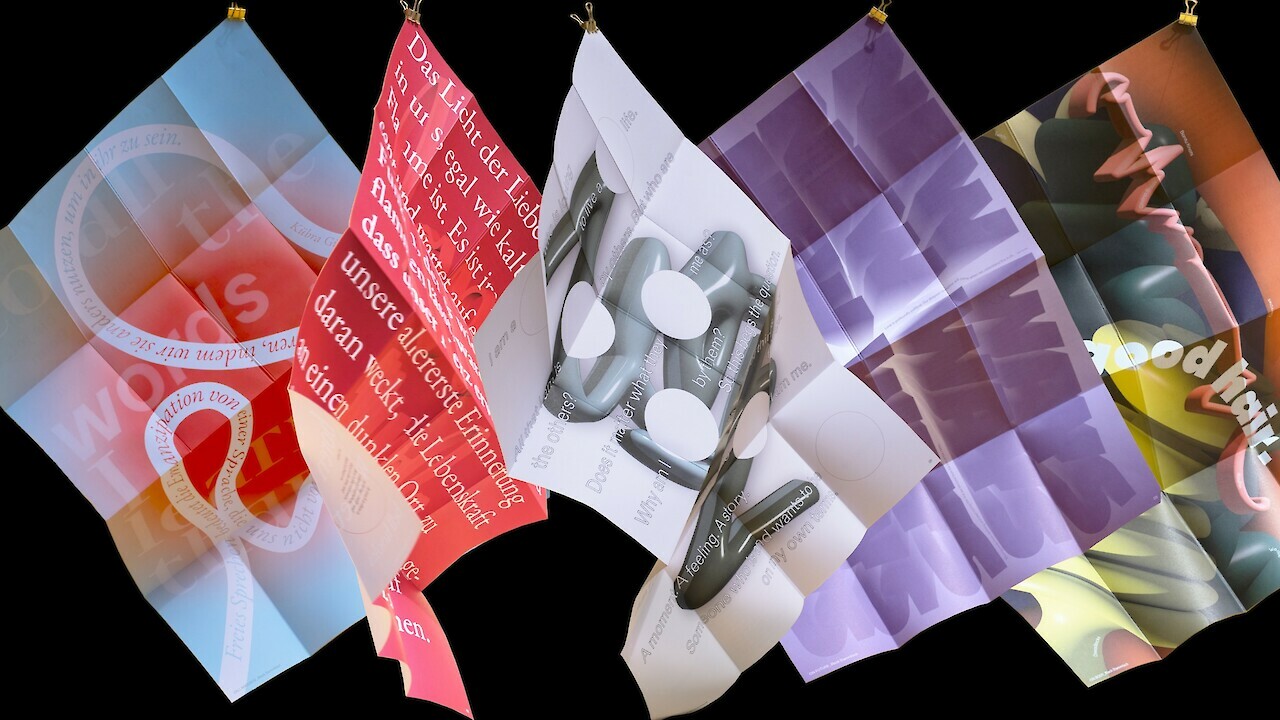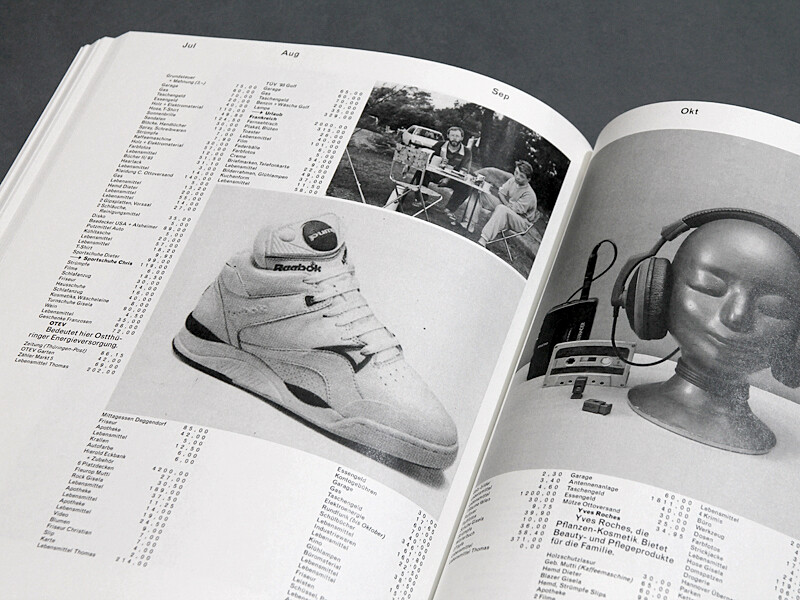Studium
The MA Visual Communication (Major) program allows you to expand your existing design expertise to include skills in concept, critique and method, for instance in order to reorient or widen your design practice, to take leading positions in the creative industry, or to take first steps into a career in academia (e.g., teaching or research). During your studies you will work in an explorative, collaborative, postdisciplinary and future-oriented way and strive for new insights, methods and/or aesthetics. The focus of the program lies on reflective, multi-modal and multi-perspective ways of working: you are prepared to question your creative practice and are open to new viewpoints.
The individual focus of the Master's diploma project in the second year furthermore allows you to acquire knowledge in related fields (contemporary arts, literature, media, social sciences, etc.) or in relation to new technologies. In your studies, you will benefit from an interdisciplinary environment and diverse internal, external, local and international networks. As a graduate you will thus be able to adapt to new fields of activity in a rapidly changing professional field.
Program Structure
The Master’s program is structured into four semesters spanning two years. The core areas Visual Culture(s) and Expanded Practice permeate the curriculum and recur throughout the four semesters.
In the first year, you will focus on experimental, knowledge-generating design processes through collaborative and multi-modal design tasks. In the second year, you will immerse yourself in a self-chosen, research-oriented Master’s diploma project («thesis project») within the multifaceted area of Visual Communication. The diploma project includes a written and a practical component, as well as the mediation of the project in an exhibition.
Seminars and workshops focusing on various designerly and artistic approaches, discursive foundations as well as contextual studies complete the curriculum. For an overview of the program structure and modules, please see Master Modules.
Master’s diploma projects in Visual Communication usually focus on the conception of new creative approaches, the research and development of new forms of engagement and narration, as well as the comprehension, critique and mediation of current and complex issues. Projects with a strong social, cultural or historical focus are equally encouraged.
For your studies, you must have sufficient knowledge of German and English to be able to follow the lessons.
Career Paths
Graduates of the MA in Visual Communication take on leading roles in the creative industry; establish their own studios, companies or publishing houses; form collectives; work for NGOs and NPOs; create or gain access to new areas of work in design-related industries; initiate research projects or participate in them; and/or pursue an academic career (teaching, artistic-scientific assistantships or a doctorate).
Application
The program starts every fall semester in September. The application deadline for the start in Fall 2026 is in January 2026. The application requires, amongst others, a portfolio of your work, a letter of motivation and a description of the proposed master project.
Prospective applicants must have a Bachelor's degree or an equivalent university degree in a design or design-related discipline. If you are considering to apply to the program, we are happy to discuss the application with you via email and are looking forward to meet you on one of the upcoming open days. Please contact Prof. Dr. Sarah Owens, Head of Visual Communication and MA Visual Communication, if you you have any questions regarding the program.
Further information regarding the application process can be found here.
Open Day
21 November 2025
Zurich University of the Arts
Toni-Areal, Pfingstweidstrasse 96
8005 Zürich
Programme
16:00–16:45
Guided Campus Tour
Room: Kaskadenhalle (5.K500) Level 5
17:00–18:00
Presentation of the MA study programmes
Room: Galerie 1 (4.K13) Level 4
18:00–19:00
Exhibition and Discussion
Room: Galerie 2 (5.K09) Level 5
Team
Prof. Dr. Sarah Owens (head of program)
Katharina Shafiei-Nasab (assistant)
Marica Tran (administration)
Dr. Bjorn Franke (lecturer)
Thomas Wolfram (lecturer)
Guest Lecturers and Experts
Martin Andereggen, Claudio Gasser & Jonas Wandeler (ATLAS), Anthon Astrom & Lukas Zimmer, Hagen Betzwieser (The Institute of General Theory), Klaus Birk, Sara de Bondt (Occasional Papers), Valeria Bonin & Diego Bontognali (BonBon), Nicolas Bourquin, Daniel Eatock, Matylda Krzykowski & Vera Sacchetti (Foreign Legion), Klaus Fromherz & Martin Geel (Peng Peng), Barbara Hahn & Christine Zimmermann (von B und C), Maike Hamacher & Barbara Hoffmann (Büro 146), Julian Hespenheide, Bernd Hopfengärtner (Normals), Gregor Huber & Ivan Sterzinger (Glashaus), Ronny Hunger, Fabian Harb & Fabiola Mejía (Dinamo), Oliver Jallard, Elisabeth Klement, Michael Kryenbühl & Ivan Weiss (Johnson/Kingston), Christian Lange, Urs Lehni, Paloma Lopez, Matthias Michel, Ruben Pater, Tina Reden, Benjamin Reichen (Åbäke), Tereza Ruller & Vit Ruller (The Rodina), Noam Toran, Thomas Thwaites, Vera van de Seyp, Marco Walser (Elektrosmog), and many more.
Cooperations
The subject area Visual Communication develops projects in cooperation with companies and institutions. Students and faculty have collaborated on applied research projects with partners such as: Museum Rietberg Zurich, University of Zurich, Swiss Federal Institute of Technology (ETH), Design Museum Zurich, Swiss Radio DRS, Swiss Television SRF, Neue Zürcher Zeitung, University Hospital Zurich, Max Planck Institute for Evolutionary Anthropology in Leipzig.
Inquiries regarding cooperations please email Prof. Dr. Sarah Owens, Head of the subject area Visual Communication and MA Visual Communication.
Awards
100 Best Posters Germany, Austria, Switzerland; Die schönsten Bücher Österreichs; Women’s Business Award; Design Preis Schweiz; Master Design Förderpreis; Art Director’s Club Deutschland; European Design Award; Social Impact Award; Open Output Award; Deutscher Design Club; Sächsischer Staatspreis für Design; Die Schönsten Schweizer Bücher; Red Dot Award; European Newspaper Design; Bayrischer Staatspreis; and more.
Further Information
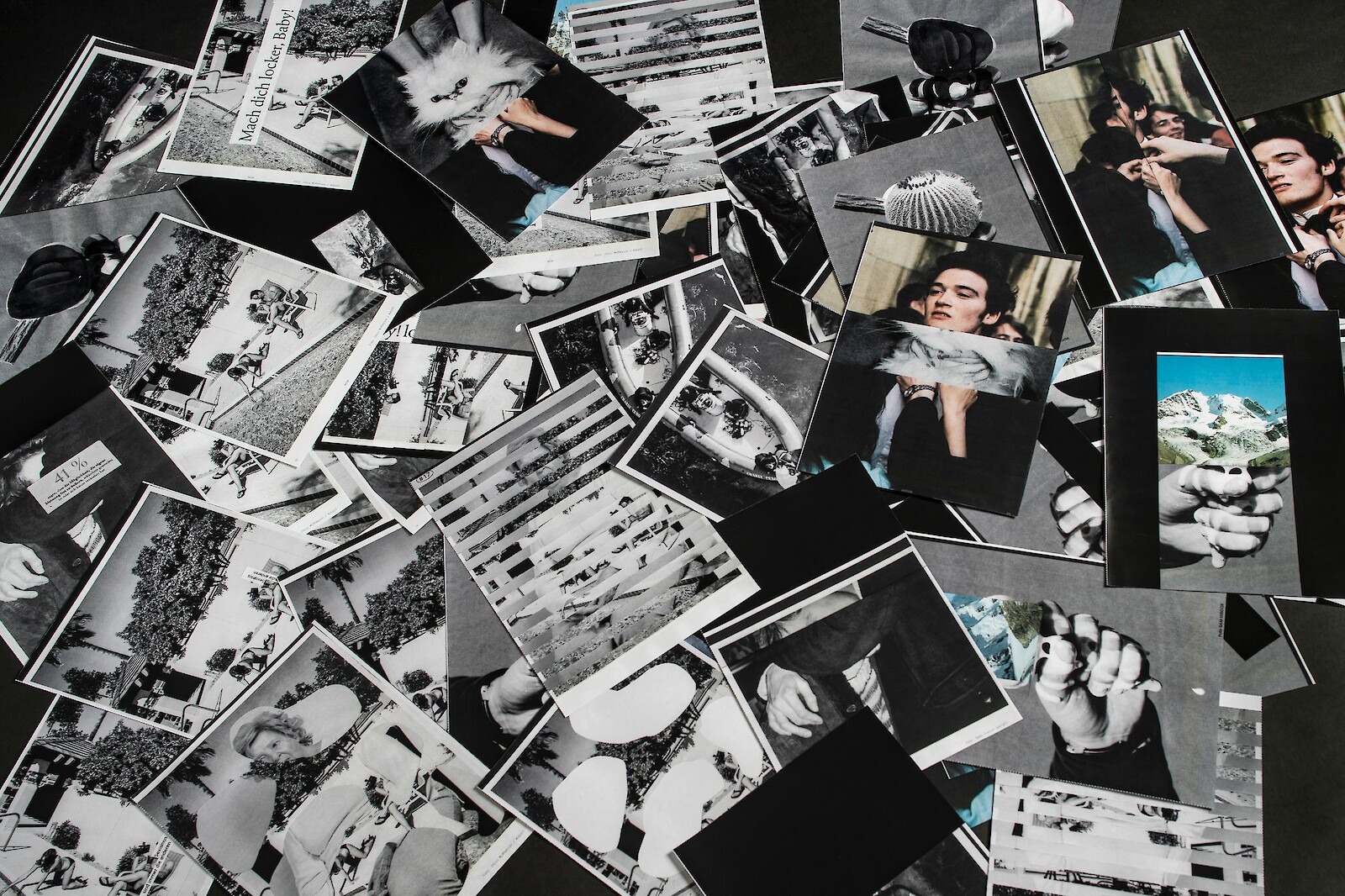
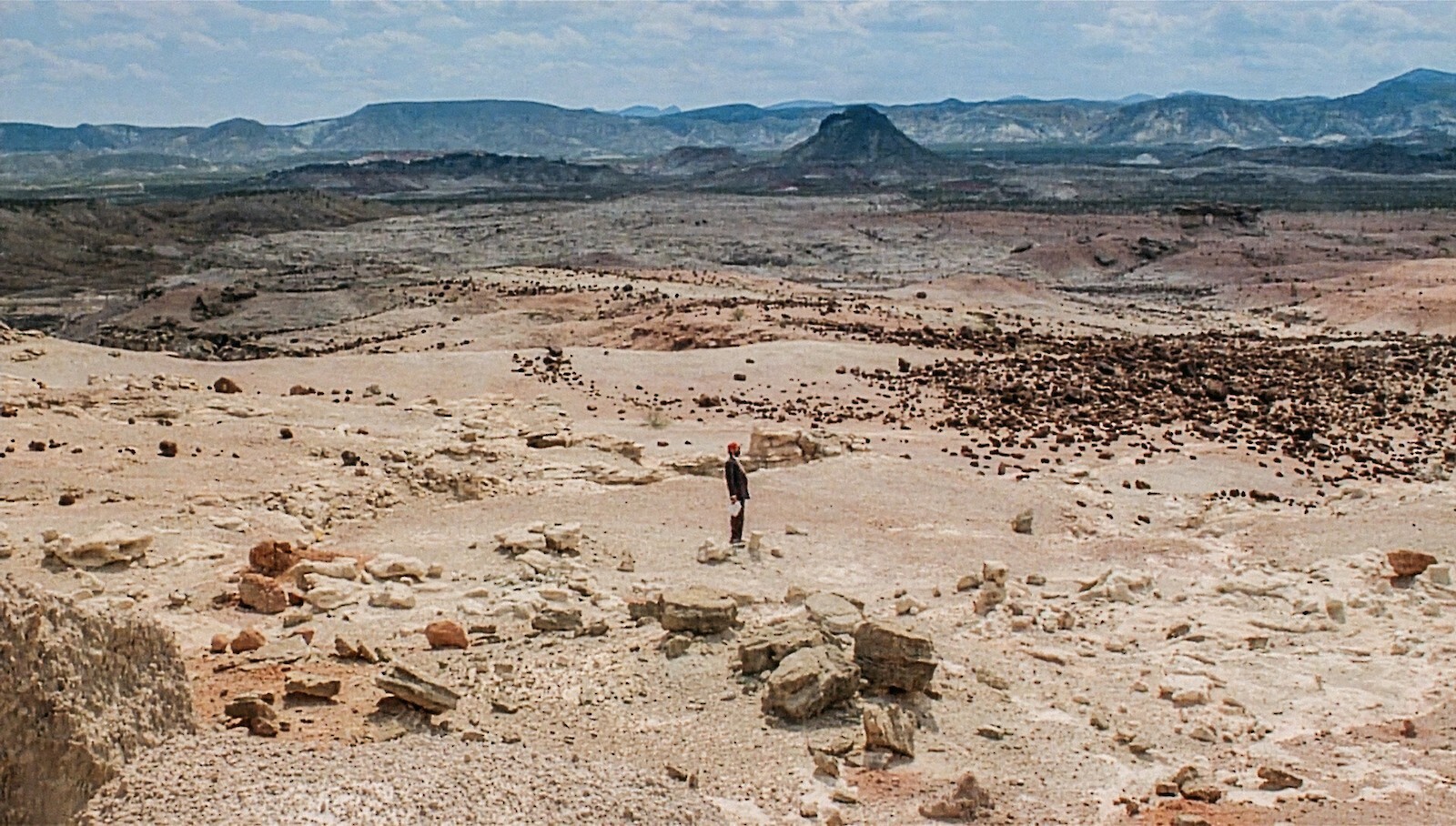
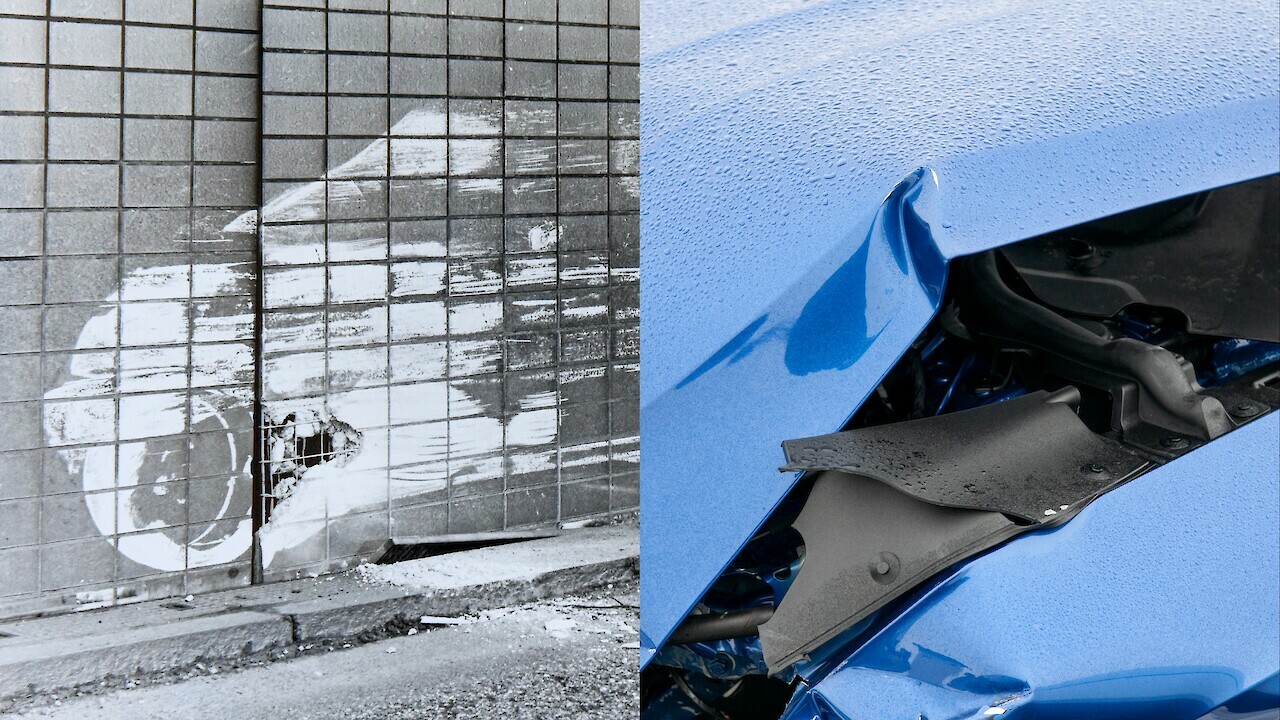
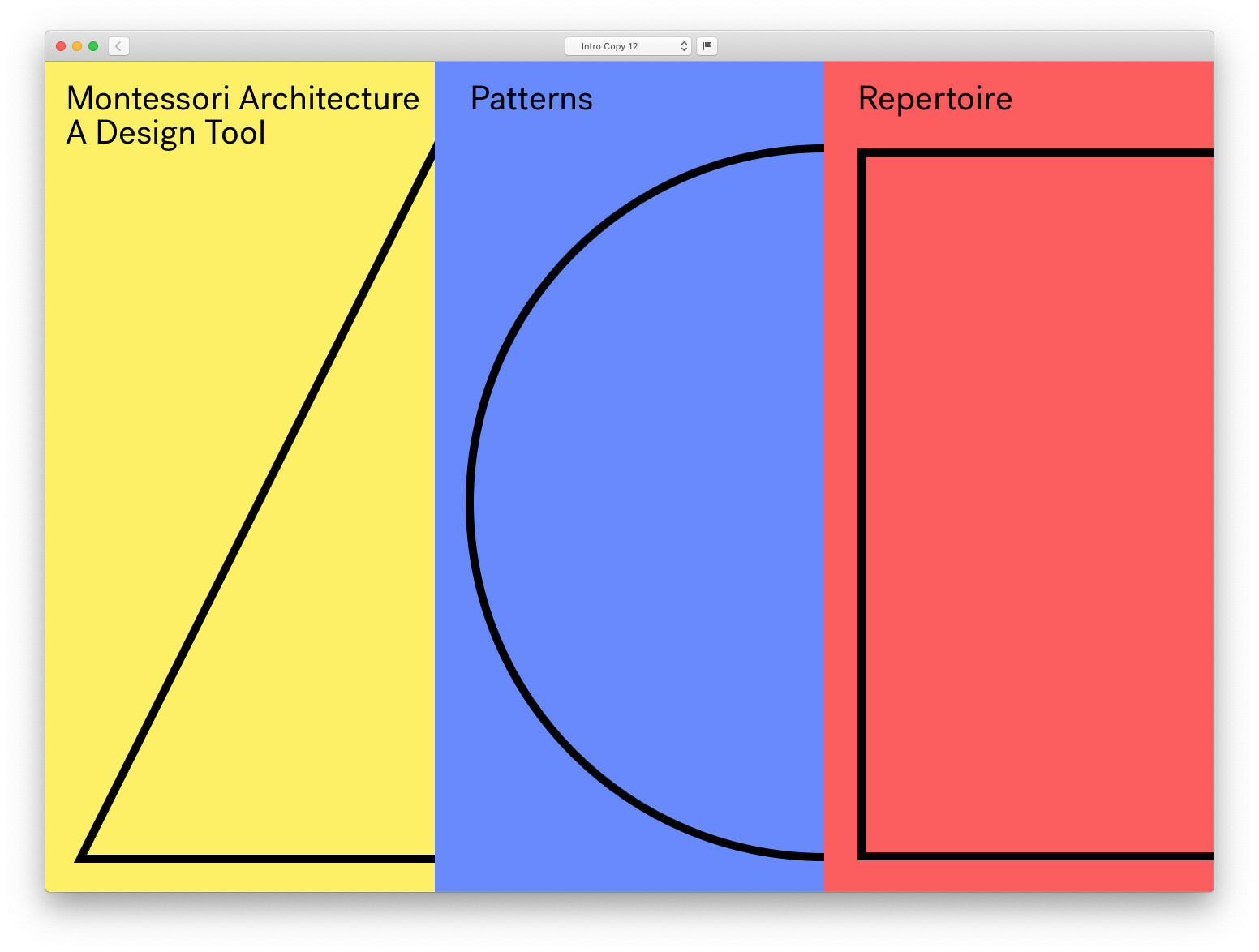
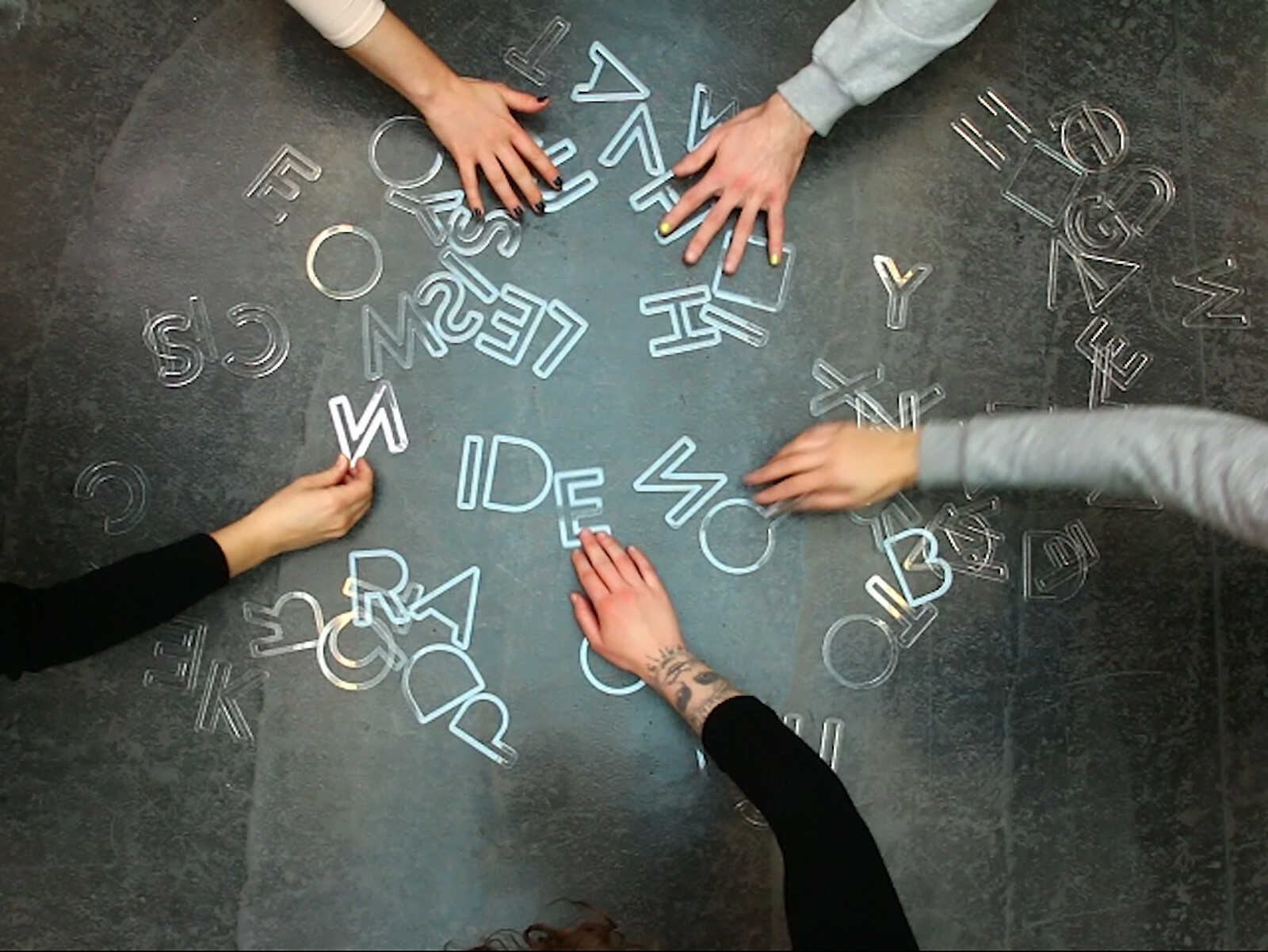
![Carla Crameri, Etwas Dünnex, Durchsichtigex umgibt dich. [Mit] Sprache herausfordern, MA-Diplom, 2019.](/site/assets/files/9262/zhdk-vvk-dkogb1z4_1600x0.1600x0.jpg)
